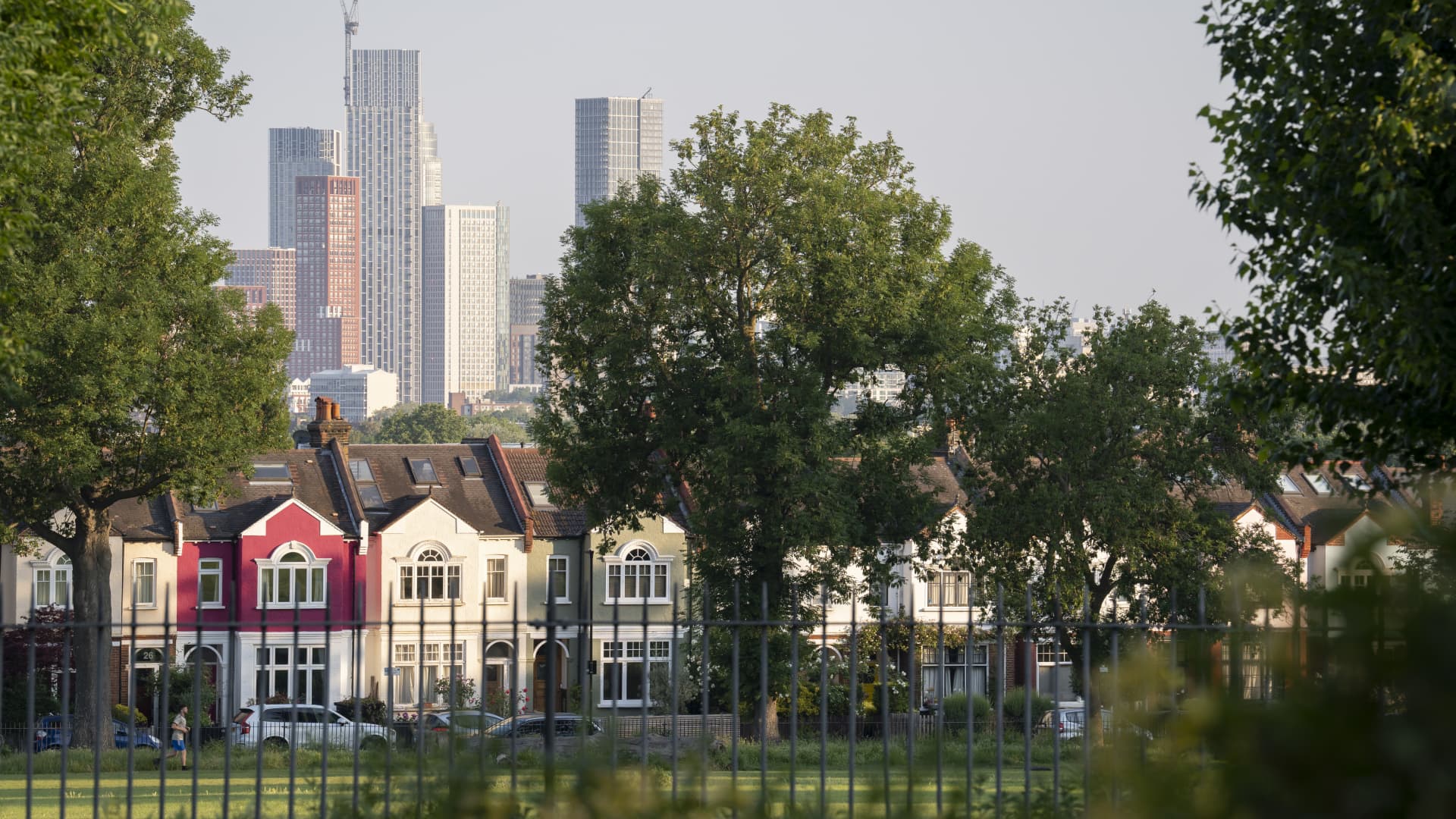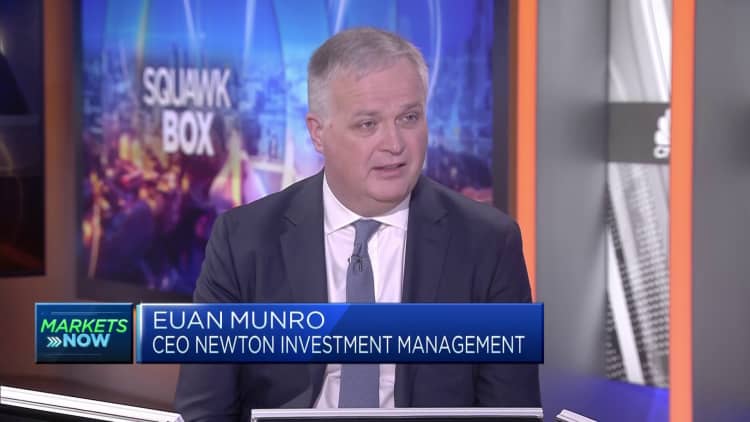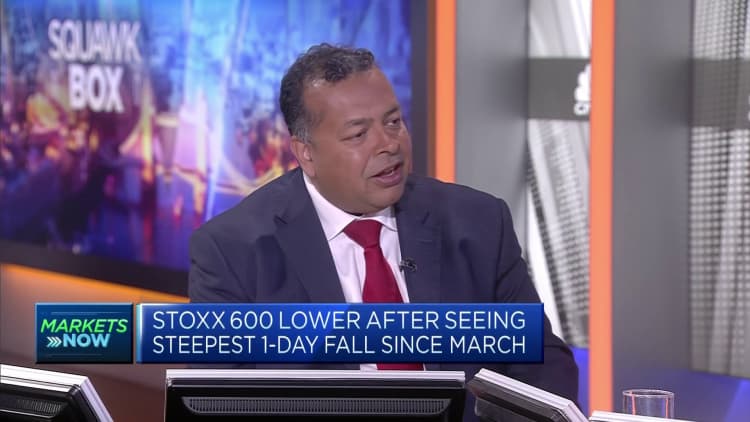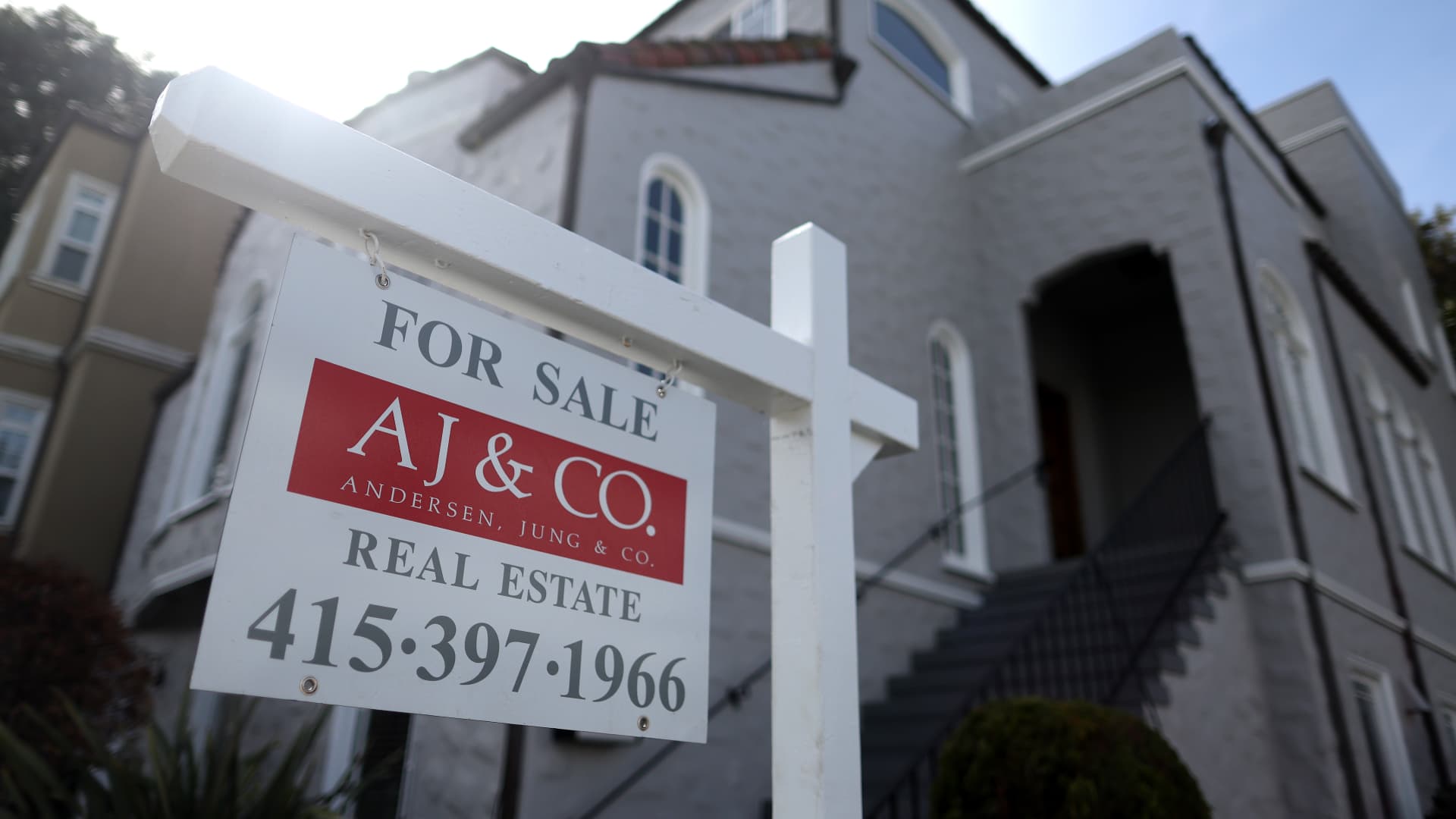Bank of England warns of mortgage agony, says monthly costs could jump £500 for some


Suburban residential properties and distant city high-rises in Ruskin Park, a public green space in Lambeth, on 11th June 2023, in London, England.
Richard Baker | In Pictures | Getty Images
The Bank of England warned already struggling homeowners could see monthly mortgage repayments rise sharply in the coming months, but stressed households today are not nearly as indebted as they were in the run-up to the global financial crisis.
U.K. households are currently being impacted by a cost-of-living crisis and higher interest rates as their fixed-rate mortgage deals expire.
In the BOE’s Financial Stability Report, published Wednesday, the central bank said its model shows that over 2 million mortgage holders will see monthly payments increase between £200 to £499 ($259 to $645) by the end of 2026.
Almost 1 million people, meanwhile, were projected to see their monthly mortgage costs jump by more than £500 over the same timeframe.
The BOE said that the amount of household debt remains “some way below” the historic peak reached in 2007, however.
The central bank’s report comes shortly after the U.K.’s average 2-year fixed mortgage rate rose to its highest level since 2008, deepening fears of an impending “mortgage catastrophe.”
The average rate of a two-year fixed deal rose to 6.70% on Wednesday, according to figures from data provider Moneyfacts. This key mortgage rate came in at 6.66% on Tuesday, notching its highest level for 15 years.
The average five-year mortgage rate rose to 6.20% on Wednesday, Moneyfacts said, a modest increase from Tuesday but still some way off the 6.51% level reached on Oct. 20.
In recent years, most homebuyers in Britain have taken out mortgages at a fixed interest rate for a specified period, typically two or five years. When the deal expires, they either move to a new fixed rate or accept a variable rate.
Monthly mortgage payments ‘will continue to increase’
U.K. mortgage costs have surged in recent months following 13 consecutive rate hikes.
Most recently, the BOE increased rates by 50 basis points to 5% last month, a bigger increase than many had expected. The surprise move will affect millions of homeowners as the interest rates on many mortgages in the U.K. are directly linked to the central bank’s base rate.
Renters, too, are likely to see their payments increase as buy-to-let landlords pass on higher mortgage repayments.
It comes as the BOE battles stubbornly high inflation, with Governor Andrew Bailey reportedly saying on Monday that the central must “see the job through” on bringing down prices.
Many believe further interest rate hikes are inevitable in the coming months.
“UK households are facing challenges from increased living costs and higher interest rates,” the bank said in the report. “As fixed-rate mortgage deals expire and households renew their mortgages, the average cost of mortgage payments will continue to increase.”
People walk outside the Bank of England in the City of London financial district, in London, Britain, January 26, 2023.
Henry Nicholls | Reuters
Research by the National Institute of Economic and Social Research, a leading independent think tank, recently estimated that the BOE’s recent 50 basis point hike would see 1.2 million U.K. households (4% of households nationwide) run out of savings by the end of the year because of higher mortgage repayments.
That would take the proportion of insolvent households to nearly 30% (roughly 7.8 million), the NIESR said, with the largest impact set to be incurred in Wales and the northeast of England.









